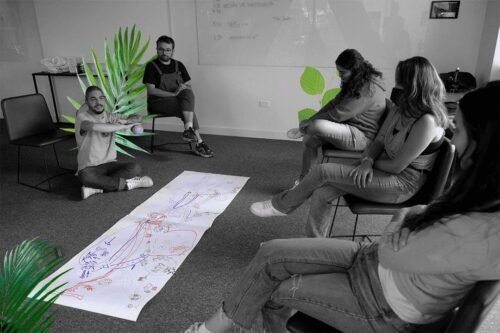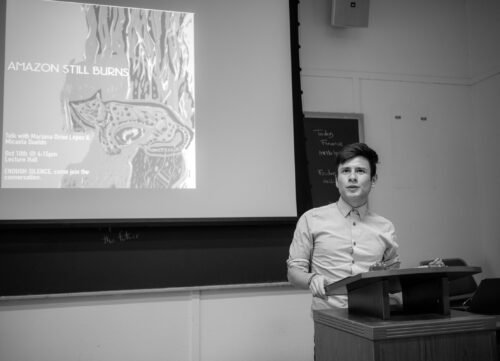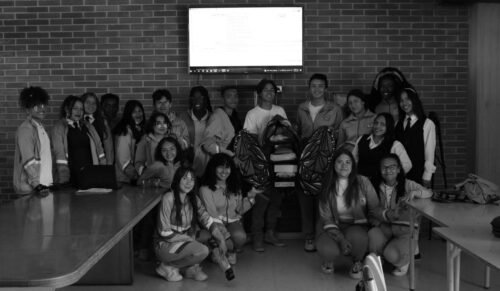
By Waldo Soto and Ximena Montoya
Food resilience is an increasingly recurring term when discussing the ways in which human beings should feed ourselves. This is because little by little a collective awareness of the importance of having a healthy relationship with our planet is developing, which invites us to consider how we get our food and how we use it to feed ourselves.
According to data from the UN, we are already more than 8000 million inhabitants, and one of the basic human needs that is not yet satisfied is food. Over the next few decades, the response capacity and resilience of the world agri-food system will be put to the test in the face of different challenges: i) increase in world population, ii) increase in food production, iii) foods that meet the nutritional requirements and iv) food security and sovereignty that involves concepts such as access and availability of food.
Food resilience is a concept closely aligned with regeneration: the need to repair the damage done to ecosystems and society, which is why we must transform commitments into actions and translate global pledges into regional and local solutions, developing spaces for the generation of capacities in technologies and innovations, through creation and deliberation environments to activate conscious citizens with sustainable and resilient food, climate action and nutrition.
In accordance with the national purposes for “progressively advancing the human right to food”, we believe that it is urgent to contribute so that each territory guarantees resilient food systems, to achieve results that respond to the particular challenges of each context, especially in climate change, energy cost, environmental effects on the soil, availability of water and biodiversity; always seeking to promote the recognition of the actors, develop their capacity to create synergies and strengthen alliances, in addition to forging bonds of trust and solidarity in the event of a crisis, and thus be great agents of change for the present and the future.
In these times, in which challenges such as the intensification of the adverse consequences of climate change and the socioeconomic effects of the pandemic (COVID-19) are generating an alteration in the daily dynamics of people, it is necessary to create adaptation and mitigation strategies that have an impact that can be replicated in a systemic way, taking into account the environmental characteristics and climatic needs of each territory, to work from small spaces and achieve global results.
Since 2811, in alliance with the EAN University and the Botnar Foundation, we are installing food resilience laboratories in schools in Bogotá and Manizales, expanding the possibilities of the new generations to strengthen their local ecosystems, getting involved as citizens capable of building better cities, where access to Food is guaranteed and its production is friendly to the planet and biodiversity.
Our plan is to train 1,500 participants, including students and teachers from all over Colombia, and thus integrate the principles of climate action and sustainable food in the classroom. From these communities we are building a Colombia that, through food, can connect its well-being with the protection of the planet, positioning itself as a leading country in sustainable and regenerative transformations.
Waldo Soto
Director and co-founder of the 2811 platform.
Ximena Montoya
Project coordinator of platform 2811.
Related Posts
“Sustainability speaks of a future, regeneration invites us to recognize the past”
Felipe Fontecilla spoke to us about his perspectives and opinions in his early days as director of Acción Climática in [...]
Read moreFood resilience: an action against climate change
Resilience invites us to consider how we obtain food and how we use it to feed ourselves.
Read more5 students tell us the importance of food resilience
As with It is a project aimed at students to enhance food resilience. Young people explain its importance to us.
Read more

